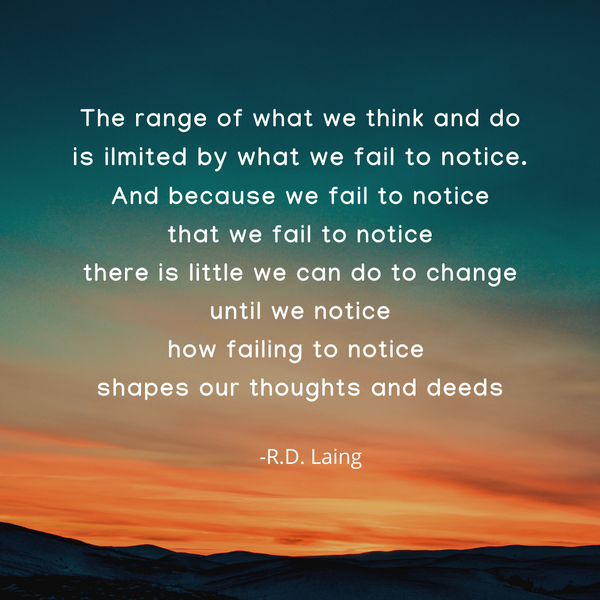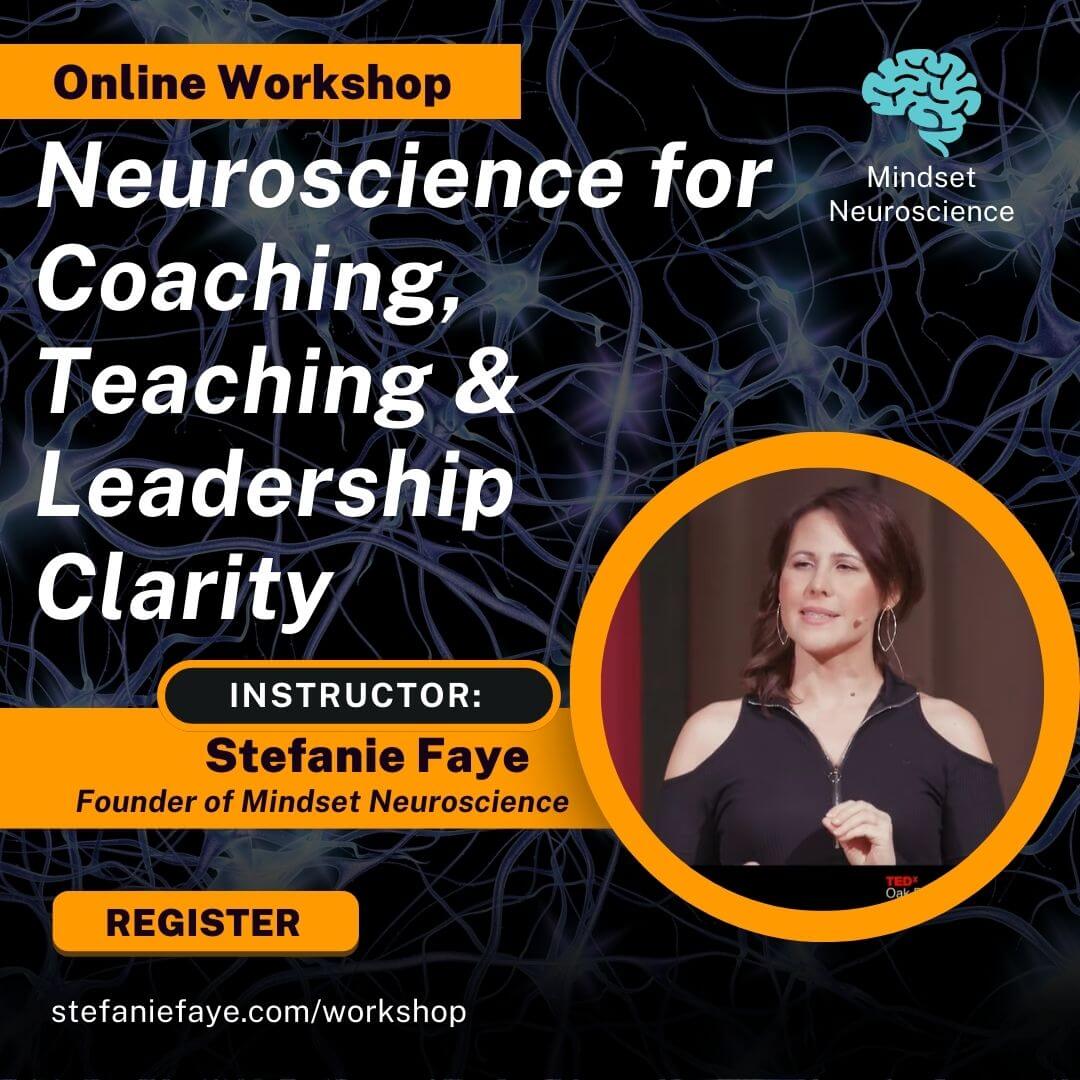As humans, we make 'reasonable' decisions based on the information we have.
The problem is... we don't have perfect or complete information. We never do.
Nobel-prize winning economist Herbert Simon calls this Bounded Rationality.
And even the information we do have is filtered through prediction-based filters. As Stanislas Dehaene notes in his book How We Learn: Why Brains Learn Better Than Any Machine . . . for Now:
“Whatever input a brain region cannot explain is therefore passed on to the next level, which then attempts to make sense of it. We may conceive of the cortex as a massive hierarchy of predictive systems, each of which tries to explain the inputs and exchanges the remaining error messages with the others, in the hope that they may do a better job.”
Too often, we bind ourselves to points of awareness that are too narrow for us to figure out how to make a situation better in the long-term.
Instead, we try to relieve symptoms and get a 'hit' of a short-term gratification.
But the symptoms* just keep coming back.
*symptoms can include: anxious thinking, self-doubt, depression, relationship problems, lack of clarity)
Many times, the reason symptoms keep coming back is because we have focused too much on current events and situations and not on long-term behaviors, patterns, beliefs and mindsets.
One of the ways we do this on a personal level is by looking at something not going well in an aspect of our life, such as career, relationships, health, etc. and not seeking out the patterns of behavior that have been recurring.
Late psychiatrist R.D. Laing poetically sums up the idea of bounded rationality:
"the range of what we think and do is limited by what we fail to notice.
And because we fail to notice that we fail to notice, there is little we can do to change
Until we notice how failing to notice shapes our thoughts and deeds."
And because we fail to notice that we fail to notice, there is little we can do to change
Until we notice how failing to notice shapes our thoughts and deeds."
We are all looking for ways to 'feel better' - better about our life choices, internal state, and relationships.
AI expert Eliezer Yudkowsky speaks about optimization power as an aspect of complex intelligence. This related to an ability in humans to 'fine-tune' our preferences and reach higher and higher levels of optimization. (read my FREE mini book on Human Systems Resilience for more details on fine-tuning our preferences).
These ideas play into the theme of my LIVE workshop in January - about increasing our sense of clarity, focus, and ability to harness our energy in ways that create impact and help us level up to create the lifestyle and legacy we truly desire.
I'll offer some ideas and insights from BRAIN SCIENCE about how we can use our awareness of brainwaves and brain systems to create new experiences - ones that fulfill us and align with our deepest desires of how we want our life and our relationships to feel.
*how something feels to us is key and is part of the sensory motor and visceral clarity we'll explore in this workshop.





Hi Stephanie, as usual I find you to be right on the cusp of our evolving times. And I love the R.D. Laing quote. Here are two others from Otto Scharmer: “What happens at the beginning of every creative process? Nothing! Creativity requires that we create space and wait for something to emerge.” “The most important blind spot…is the “interior condition” from which we operate.” He is referring to both our personal and social “interior condition” as the blind spot.